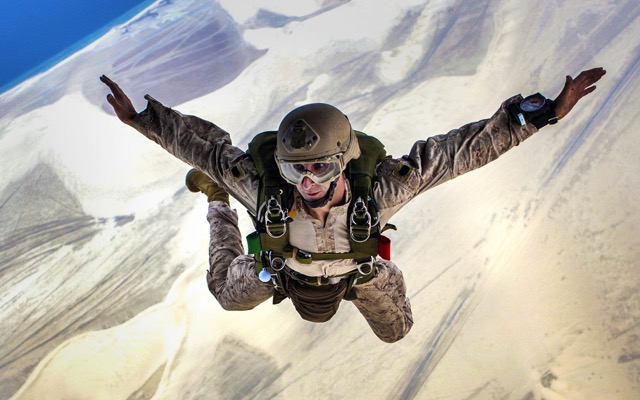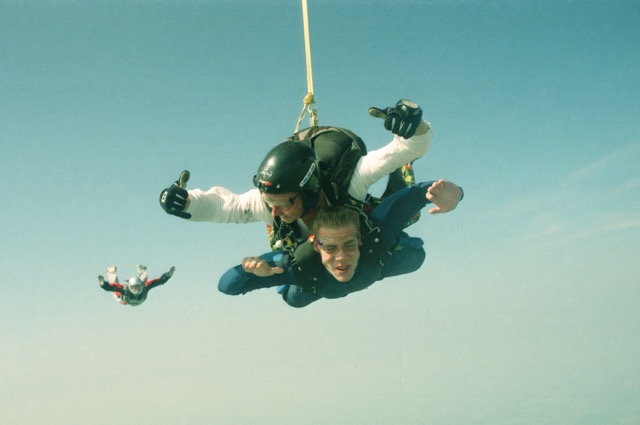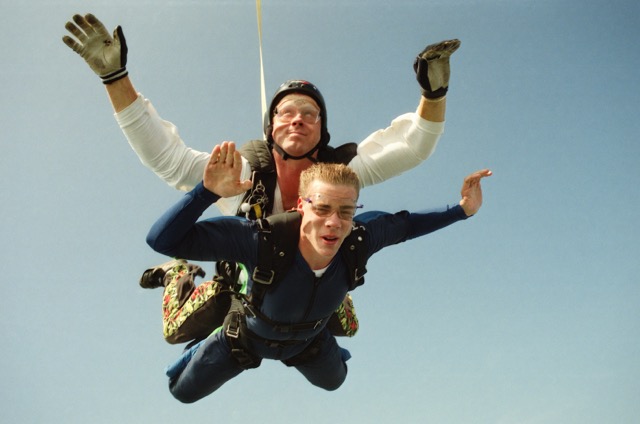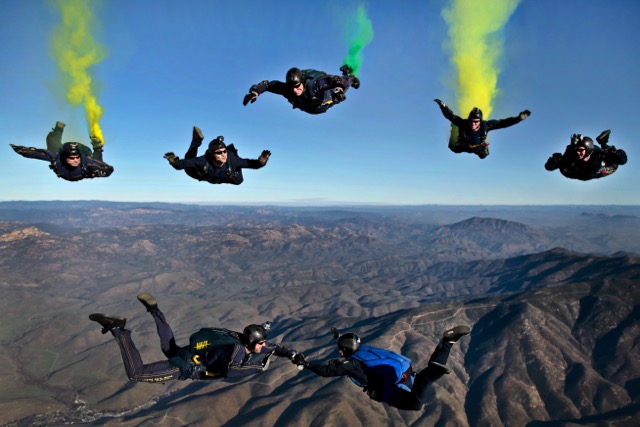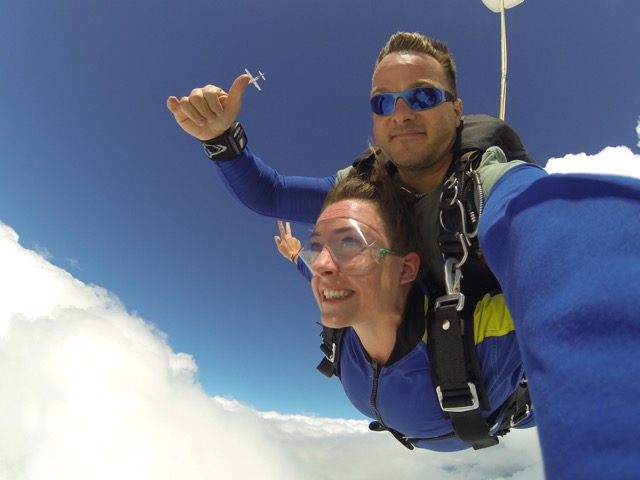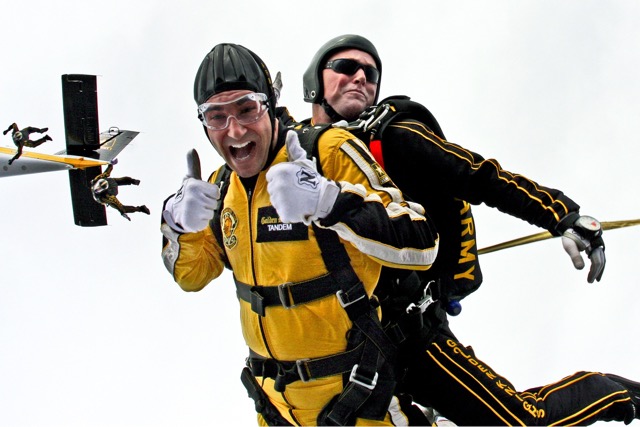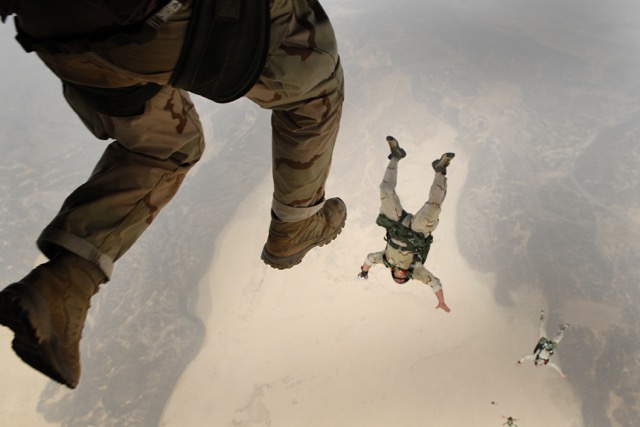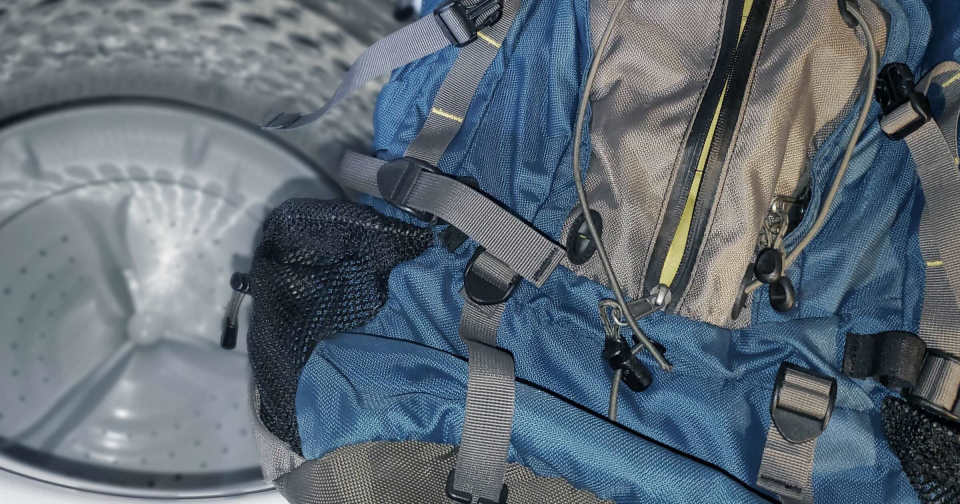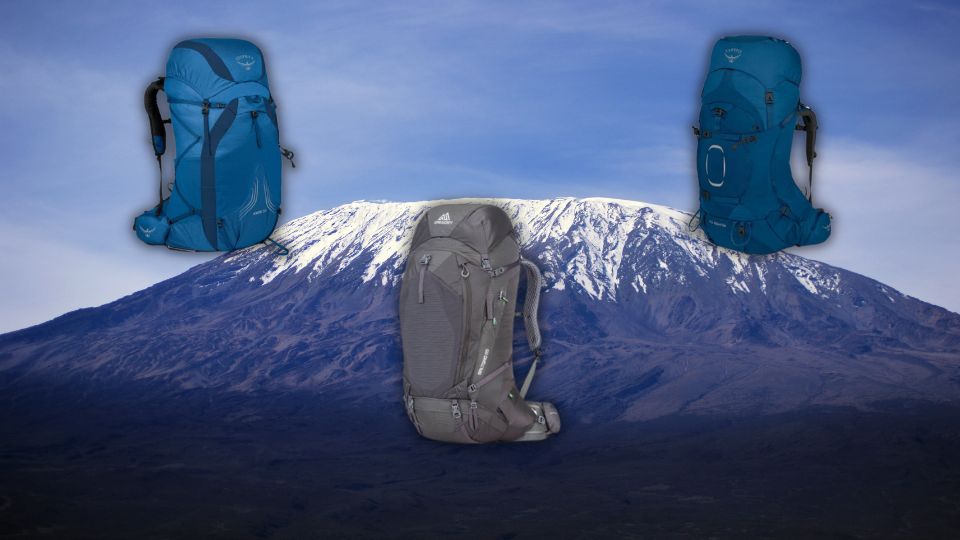If you’ve ever wondered about the weight limits associated with skydiving, you’ve come to the right place. We’ll answer some of the most commonly asked questions like: Can you skydive if you are overweight? Can I skydive if I weigh 300 pounds? And why are there weight limits for skydiving? So, whether you’re considering your first skydive, or simply curious about the logistics, keep reading to find out everything you need to know!
Introduction
Skydiving is an exhilarating and adrenaline-pumping adventure that many people dream of experiencing. However, one common concern that arises is whether there is a weight limit for skydiving. The answer to this question is yes, there is typically a weight limit in place for skydiving activities. The weight limit is in place for various reasons, including safety concerns for both the skydiver and the instructors, as well as the limitations of the equipment used in the activity.
Can You Skydive if You Are Overweight?
Skydiving is an exhilarating activity that many people dream of experiencing. However, certain restrictions and limitations apply, which leads to the question: can you skydive if you are overweight?
Weight limits are an essential factor when it comes to skydiving. The weight capacity of a skydiving aircraft and the performance of the parachute must be taken into consideration to ensure the safety of both the diver and the instructor. While the weight limit varies from one skydiving center to another, the average weight limit for tandem skydiving is around 220-240 pounds. However, this does not mean that individuals who exceed this weight cannot participate in this thrilling activity.
If you are overweight and interested in skydiving, it is crucial to communicate with a reputable skydiving center beforehand. This will allow them to assess your specific situation and determine whether they can accommodate your needs. Some centers have specialized equipment and techniques that enable them to accommodate individuals with higher weight, ensuring a safe and enjoyable experience for everyone.
- Weight is just one factor: While weight is an essential consideration in skydiving, it is not the sole determining factor. Other aspects such as fitness level and overall health also play a role. If you are overweight but physically fit, with no underlying health conditions, there is a higher chance of being able to skydive.
- Specialized equipment: Skydiving centers that cater to individuals who are overweight often have specialized equipment designed to support higher weights. This can include reinforced harnesses, strong tandem rigs, and larger parachutes. The availability of such equipment can make it possible for overweight individuals to safely participate in skydiving.
- Extra charges may apply: It is important to note that additional charges may apply for individuals who exceed the standard weight limit. This is due to the extra resources and equipment required to accommodate their needs. The exact fee varies depending on the skydiving center, so it’s advisable to inquire about any potential additional costs in advance.
Can I Skydive if I Weigh 300 Pounds?
Skydiving is an exhilarating experience that many people dream of trying at least once in their lives. However, there are several factors to consider before taking the plunge, one of which is your weight. Many potential skydivers wonder, “Can I skydive if I weigh 300 pounds?” Let’s explore this question and shed some light on the weight limits for skydiving.
The short answer is, it depends. While there is no universal weight limit for skydiving, many drop zones have their own restrictions based on safety concerns. The weight limit is primarily in place to ensure that the parachute system can safely support the diver’s weight and provide a controlled descent.
Typically, the weight limit for tandem skydiving, where you jump with an instructor, is around 220-230 pounds. This is because the combined weight of the student and instructor should not exceed the maximum capacity of the parachute system. For solo jumping, the weight limit may vary depending on the drop zone and the type of equipment being used.
- Consult with a Professional: If you weigh 300 pounds and are interested in skydiving, it’s crucial to consult with a professional skydiving instructor or the staff at your local drop zone. They will have the necessary expertise to assess your specific situation and provide accurate guidance.
- Consider Your Fitness Level: Weight alone is not the only determining factor when it comes to skydiving. Your fitness level and overall health also play a significant role. Being physically fit can help ensure a smoother and more enjoyable experience. It’s advisable to engage in regular exercise and maintain a healthy lifestyle, especially if you are on the heavier side.
- Explore Alternatives: If you find that you are above the weight limit for tandem skydiving, don’t be disheartened. There may be alternative options available, such as a specialized parachute system designed to accommodate heavier individuals. These systems can handle greater weights while still ensuring a safe and controlled descent. However, availability may vary, so it’s essential to discuss this with a professional at the drop zone.
Why Are There Weight Limits for Skydiving?
Skydiving is an exhilarating and adrenaline-pumping activity that attracts thrill-seekers from all over the world. However, many people may be surprised to learn that there are weight limits imposed on this adventure sport. So why exactly are there weight limits for skydiving?
Firstly, safety is the primary concern when it comes to skydiving. The equipment used in skydiving, such as parachutes and harnesses, are designed to support a certain amount of weight. Going beyond these weight limits can put immense stress on the gear, increasing the risk of equipment failure and endangering the diver’s life.
Another reason for weight limits in skydiving is the impact on freefall speed. As an object falls through the air, it accelerates due to gravity until it reaches terminal velocity. Terminal velocity is the maximum speed an object can achieve while falling, and it varies depending on the object’s shape and mass. When skydiving, it is crucial for divers to reach a stable and controlled freefall speed to ensure a safe landing. Exceeding the weight limits can disrupt the balance and stability of the freefall, making it more challenging for the diver to control their descent.
Moreover, there are certain physical limitations in place for skydivers. A certain level of fitness and agility is required to participate in any extreme sport, and skydiving is no exception. Individuals who exceed the weight limits may face difficulties in maneuvering their bodies during the freefall and landing, increasing the risk of injury to themselves or others.
It is worth noting that weight limits can vary depending on the skydiving center and the type of jump. Tandem skydiving, where a trained instructor is attached to the diver, usually has a higher weight limit compared to solo jumps. The weight limits are determined based on the safety regulations and guidelines set by the skydiving industry to ensure a secure and enjoyable experience for all participants.
| Reasons for Weight Limits in Skydiving | |
|---|---|
| Increased Risk of Injury | Exceeding weight limits can make it difficult for divers to maneuver their bodies properly during the freefall and landing, leading to a higher risk of injury. |
| Equipment Limitations | The gear used in skydiving is designed to support specific weight ranges. Going beyond these limits can put excessive stress on the equipment, compromising safety. |
| Freefall Speed Control | Exceeding weight limits can disrupt the balance and stability of the freefall, making it harder for divers to control their descent and achieve a safe landing. |
In conclusion, weight limits exist in skydiving primarily for safety reasons. These limits ensure that the equipment can withstand the stress of the dive, help maintain stability during freefall, and minimize the risk of injuries. It is essential to respect and adhere to these weight limits to ensure a safe and enjoyable skydiving experience for everyone involved.

